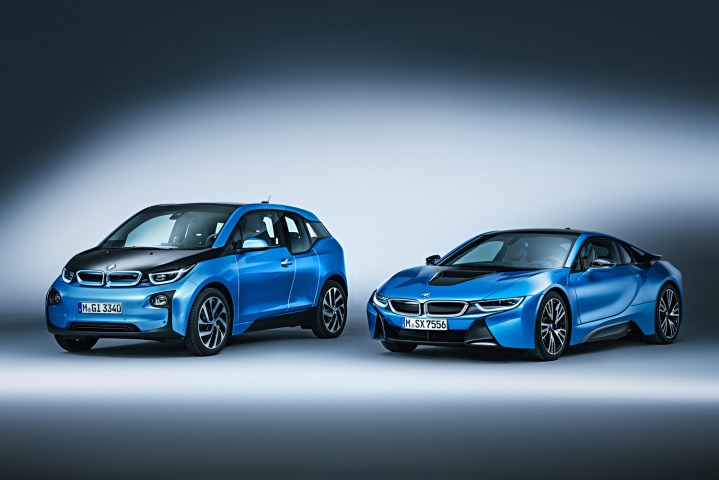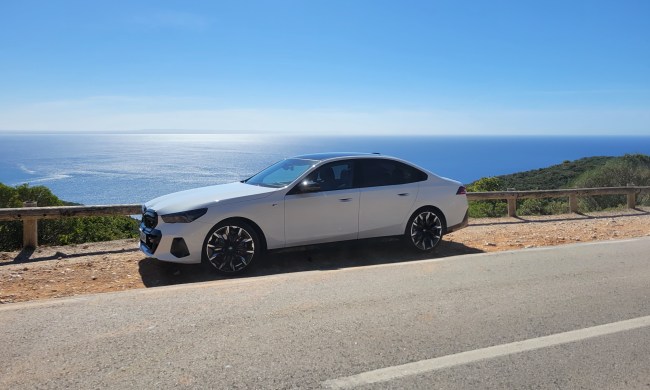
BMW i will remain focused on technology, but the emphasis will shift from efficiency to autonomy. The German carmaker plans to retool its forward-thinking sub-brand to work on self-driving cars, BMW board member Klaus Froehlich told Reuters in a recent interview at the company’s Munich headquarters. The shift began in April, Froehlich said, and is now in “ramp-up stage.”
Various automakers, including Ford and Volvo, are conducting extensive testing of self-driving cars, while Fiat Chrysler Automobiles (FCA) is partnering with Google to further develop the tech company’s autonomous systems. It makes sense for BMW to want to get in on that action, but specifically retooling the “i” division to work on self-driving cars is still a bit unexpected.
Read more: Study shows drivers aren’t ready for fully-autonomous cars
Since the i3 electric car and i8 plug-in hybrid were launched as 2014 and 2015 models, respectively, interest in luxury electric cars has increased. Other German carmakers are planning to finally compete directly with Tesla. Porsche will launch an all-electric sport sedan in 2020, while Audi will launch an electric SUV in 2018. Meanwhile, BMW still hasn’t confirmed plans for its next “i” model, meaning it probably won’t arrive until sometime after the competition.
BMW started the “i” division because it believed greener cars would be necessary to meet future consumer needs, but it may have a different business plan in mind now. Board member Froehlich told Reuters that autonomous cars could be used in conjunction with a ride-sharing service. Because they don’t need drivers, they could potentially undercut the costs of established services like Uber and Lyft.
Swarms of self-driving cars have been described as the transportation system of the future by many analysts, which may be why Uber already has a lab for developing autonomous vehicles. With its “i” division, BMW wanted to be a pioneer in electric cars, but fell behind. Unless it moves quickly, it risks the same outcome with this autonomous-car venture.


